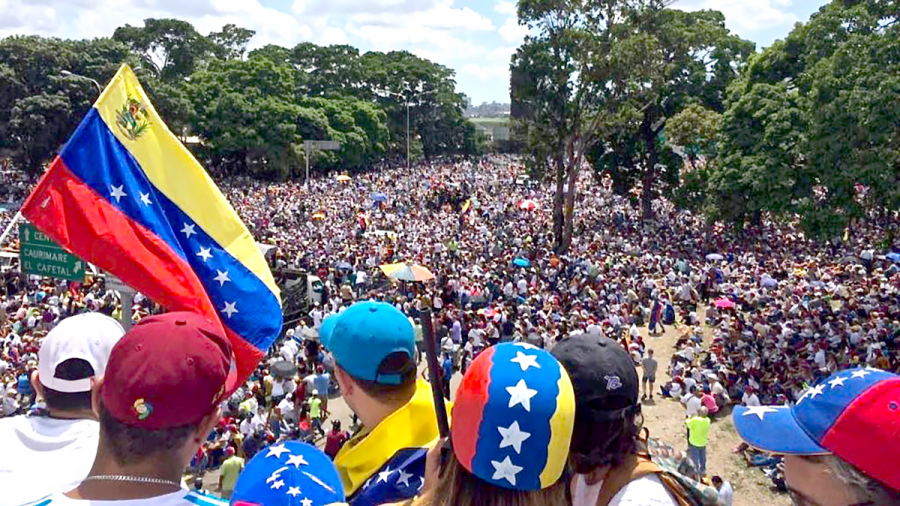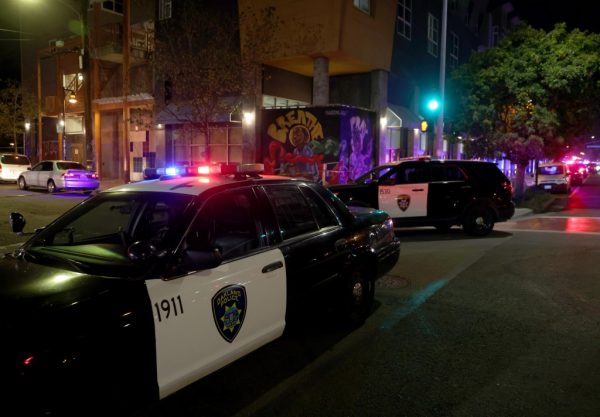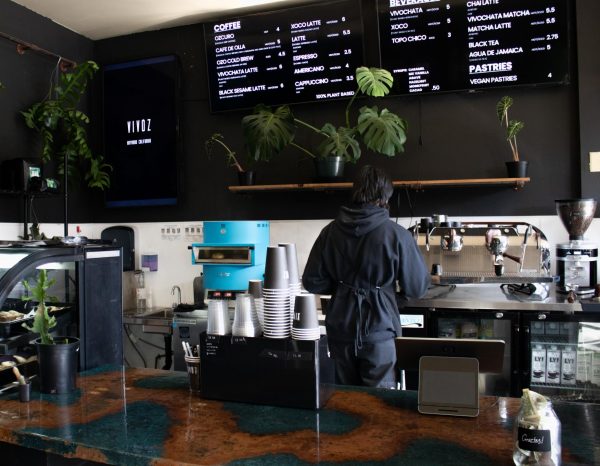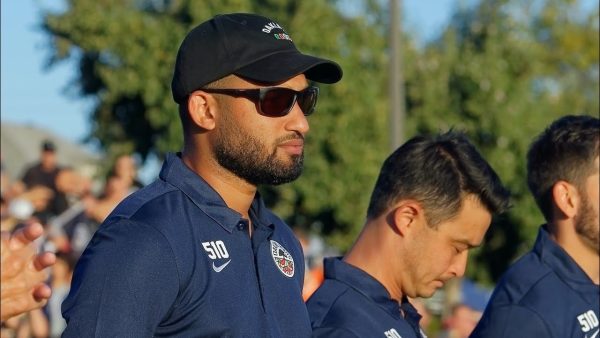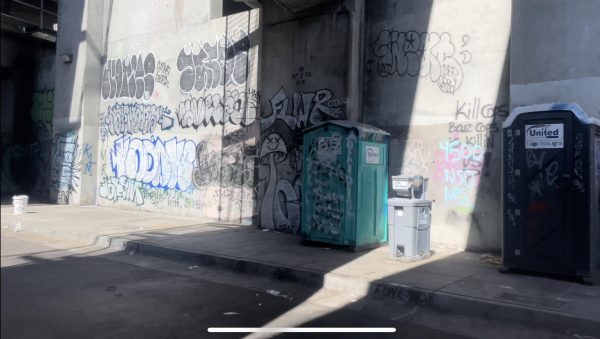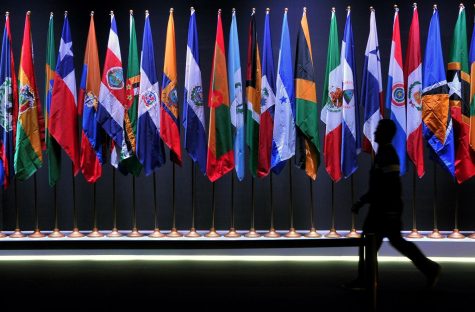Venezuelan people face ongoing crisis
March 20, 2019
Venezuela’s current humanitarian crisis involves a shortage of food, water, electricity, medicine, and medical supplies.
In 2017, the former Vice President of Venezuela, Tareck El Aissami, was accused by the U.S of “playing a significant role in international narcotics trafficking,” according to The New York Times.
The results from these accusations determined new sanctions, which were imposed by President Trump. In August 2017, President Trump issued Executive Order 13808 which prohibits Venezuela from accessing the United States’ financial resources for agricultural and medicinal exports, according to the United State’s Congressional Research Service.
In 2018, a group of United Nations Specialist on food, health, adequate housing, and extreme poverty issued a joint statement on Venezuela regarding the rising number of Venezuelans starving as well as those who are in need of essential medical assistance.
In response to the joint statement made, President Maduro addressed the issue by stating that Venezuela is not a country dealing with a famine. The Venezuelan government denies the fact that there is a crisis happening and instead the country is being victimized through world media attacks.
More than three million people have been forced to leave Venezuela since 2014 due to poor living conditions, according to BBC News.
The country began experiencing an economic downfall when the price of oil fell, which is their primary export. Following Saudi Arabia, Venezuela is the second largest country with oil reserves. The country struggles to profit from the oil industry because of its hard to reach locations, such as their underground and offshore locations which make it expensive to extract.
Since the oil prices fell in 2014, the country has been unable to exploit its reserves and exportation to the U.S. has declined because of Washington seeking more reliable trade partners.
Although there were attempts to sell oil to other countries, it became impossible to replace the demand and proximity of the vast U.S. market, according to the Medium.
At least 2.4 million migrants and refugees from Venezuela are staying in Latin American neighboring countries as well as the Caribbean, while the rest are elsewhere. By 2018, the asylum applications from Venezuelans reached a 2,300% increase since 2014. Nearly 400,000 Venezuelans have fled the country in search of asylum since 2014, and a fifth of them sought refuge in the United States, as stated by the United Nations Migration Agency.
Due to the current U.S. immigration crisis, the Trump Administration established strict asylum laws making it a challenge for Venezuelans to obtain U.S. visas for refuge. Although the Trump Administration has expressed sympathy with the Venezuelan citizens by intending to deliver humanitarian aid to the distressed country, the U.S government refuses to grant asylum seekers legal status, according to CNN.
“It’s become at least a regional, international issue because so many other countries have this influx of people they don’t know what to do with. Many people coming in, fighting for resources, that may create their own domestic problem,” said Amy Below, a Political Science professor at California State University, East Bay.
For the past century, although the U.S.-Venezuela bilateral relations have been strained at times, they always maintained an overall strong and respectful relationship.
On March 11, the U.S. Department of State declared the temporary suspension of operations of the U.S Embassy in Caracas, and the withdrawal of diplomatic personnel from Venezuela.
This means that U.S. citizens have been advised not to travel or stay in the country until further notice because of the critical condition the state is in. It remains unknown for how long this suspension will last and how the U.S. and Venezuela relationship will unravel.




